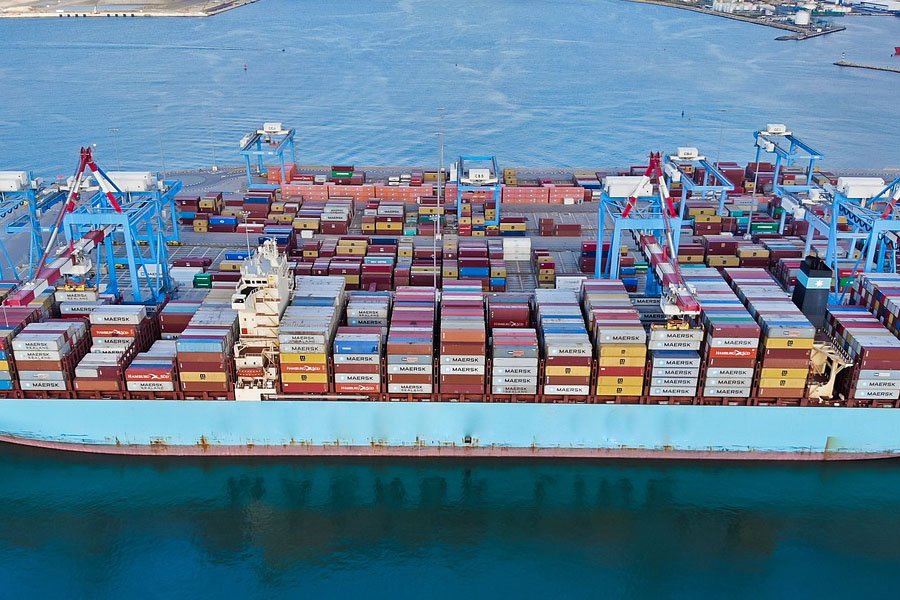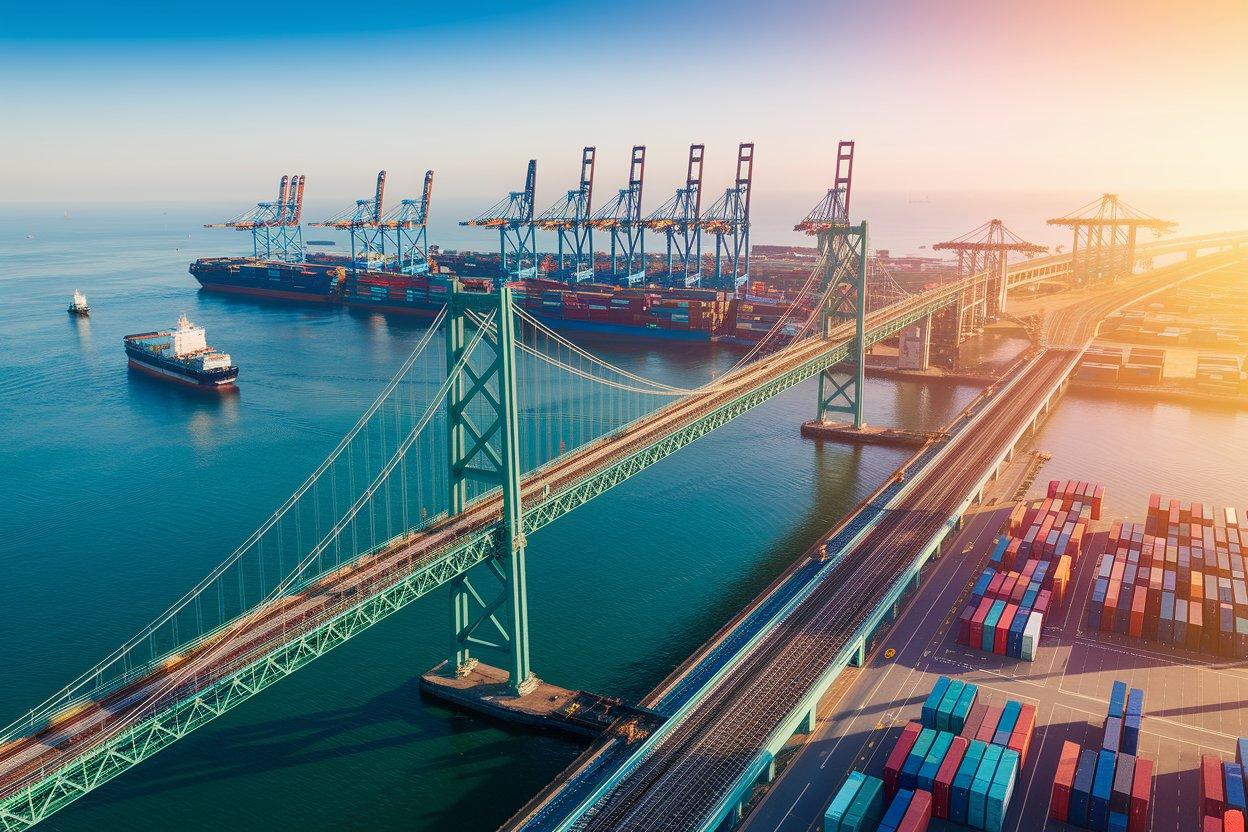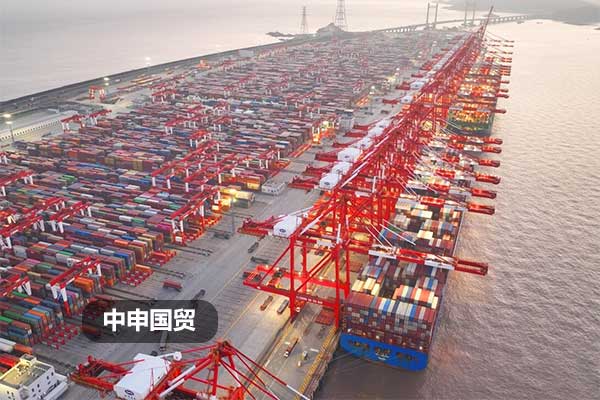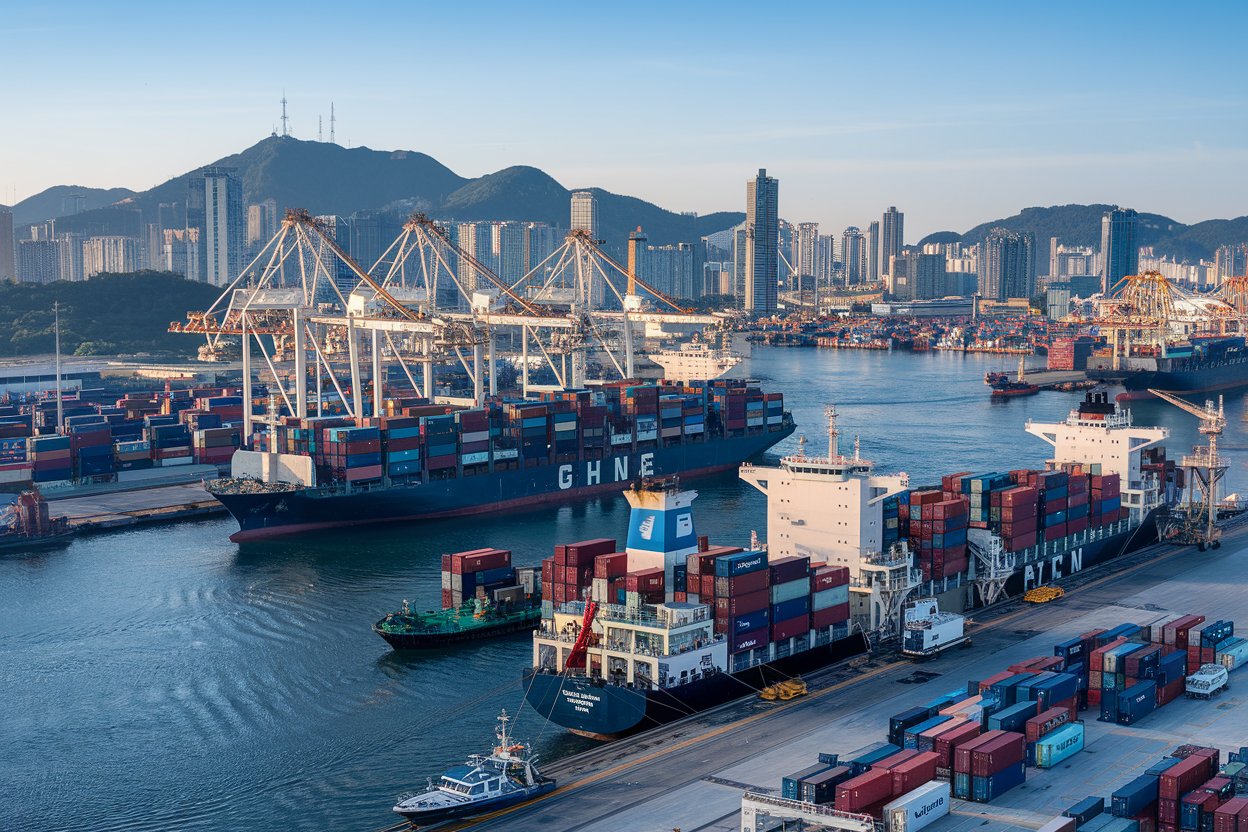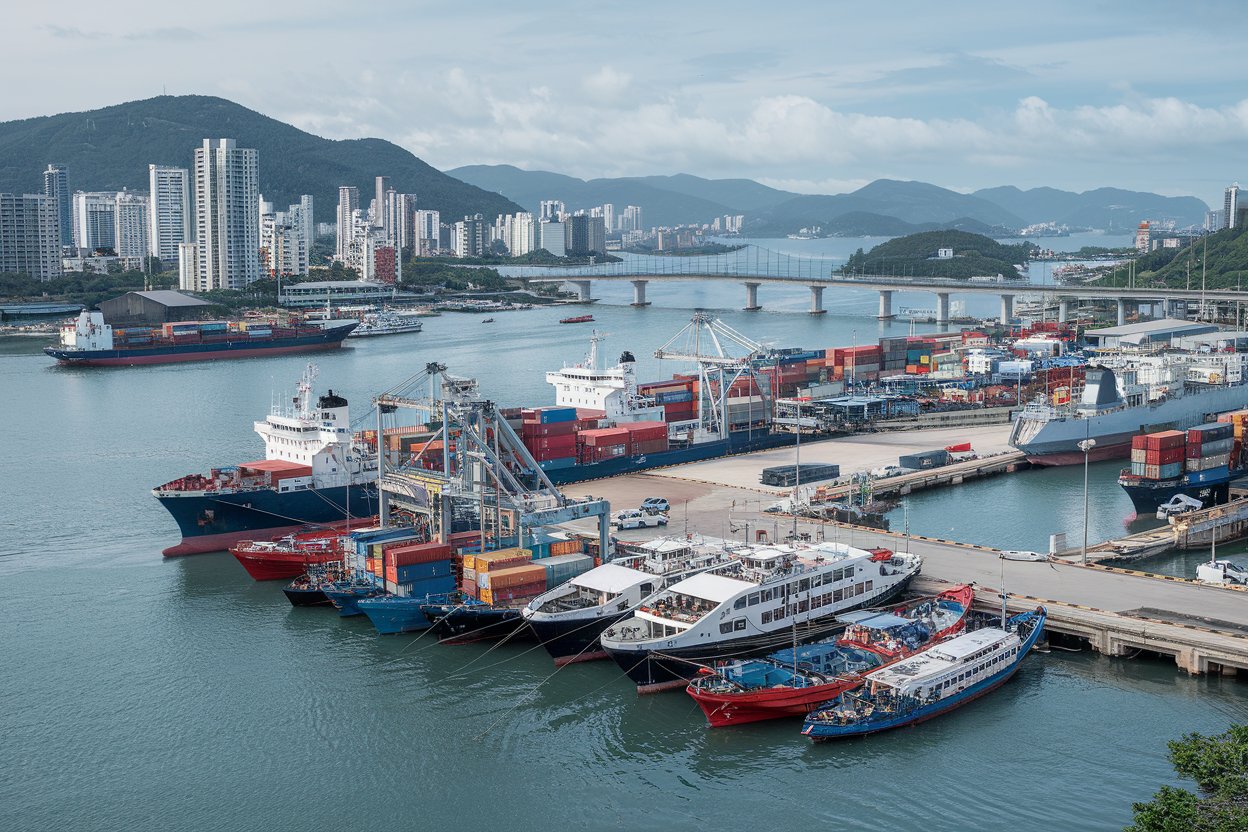- Shanghai Zhongshen International Trade Co., Ltd. - Two decades of trade agency expertise.
- Service Hotline: 139 1787 2118
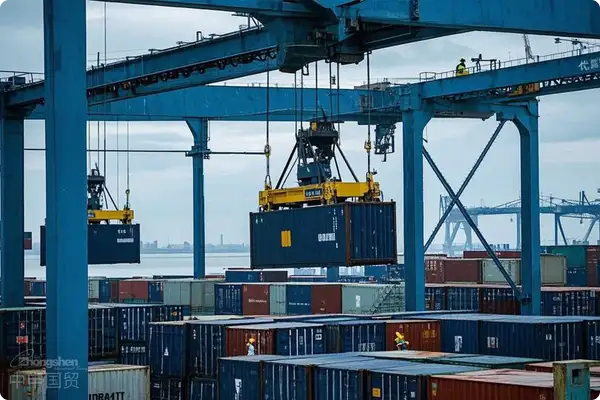
Introduction: The Double-Edged Sword of Sample Shipments in International Trade
In international trade, sending samples is a common practice to build trust and showcase product quality. However, this process can becomeforeign tradea minefield for businesses in certain countries - such as Turkey. Turkeys strict customs supervision and complex clearance procedures often trap low-value samples in high-cost dilemmas.
Case Analysis: A Failed Sample Shipment Experience
Background and Cause
In 2024, a foreign trade practitioner met a Turkish customer on Facebook. After background checks, the customer was identified as a large local end-user with a record of purchasing from China. Given market changes and relatively low shipping costs, the exporter agreed to send free samples to facilitate the transaction.
Communication and Shipment
Before shipment, the exporter repeatedly confirmed the customers customs clearance capability, and the customer explicitly stated customs clearance is possible, no problem. The samples (50 pieces, with a value of only 5 RMB) arrived in Turkey on May 20, and the customer requested a colleague to assist with customs clearance.
Customs Clearance Dilemma
However, Turkish customs deemed 50 pieces too many to qualify as samples and refused to clear them as such. During communication between the exporter and customer, the courier company urged prompt clearance to avoid high return fees. Ultimately, the customer was informed that customs required a $500 clearance fee, leading to abandonment of the goods.
Economic Loss and Lesson
This incident resulted in the destruction of samples, with the exporter not only losing the sample costs but also facing potential return fee risks. It serves as a reminder to foreign trade practitioners: caution is needed when sending samples to Turkey, as free shipments carry extremely high risks.
Risk Analysis: Turkeys Customs Minefield
Customs Clearance Standards
Turkish customs strictly supervise imported goods, especially small low-value items like samples, with clear quantity and value limits. Samples exceeding certain thresholds may be treated as commercial goods, subject to high tariffs.
Lack of Customer Responsibility
In this case, although the customer promised customs clearance is possible, they failed to take responsibility during actual operations, leading to abandonment. The customers unfamiliarity with clearance procedures or unwillingness to pay additional fees was another key factor in the loss.
Global Trend: Taxation on Small Parcels
Its worth noting that Turkey is not alone. Countries like the US, EU, and Japan are also researching policies to tax small parcel shipments. Foreign trade practitioners must be vigilant about this trend to avoid repeating mistakes in other markets.
Response Strategies: Practical Suggestions to Mitigate Risks
Avoid Free Sample Shipments
- The customs declaration fees for general goods shall be implemented in principle in accordance with the local “Guidance Price for Customs Brokerage Industry Charges”. For special commodities, it can be negotiated separately by both parties.: Charge customers for samples or shipping to ensure they have some investment in the samples, reducing abandonment risks.
- Double fee: If customers insist on free samples, request double shipping fees to cover potential return costs.
Clarify Customers Customs Clearance Responsibility
- Written Confirmation: Before shipment, ensure written confirmation that the customer is responsible for customs clearance and related fees.
- Risk Disclosure: Clearly inform customers about Turkeys strict customs standards and potential clearance fees to encourage serious consideration.
Choose Reliable Logistics Partners
- Professional Freight Forwarders: Partner with forwarders familiar with Turkeys clearance procedures to understand destination country requirements in advance.
- Insurance Measures: Purchase transport insurance for samples to cover unexpected losses.
Bulk Shipments and Overseas Warehousing
- Batch shippingIf customer demand is stable, consider sending samples in bulk to reduce unit costs.
- overseas warehouses in Brazil.Establish an overseas warehouse in Turkey, ship samples in bulk for local distribution, avoiding customs clearance difficulties.
Conclusion
Sending samples to Turkey, seemingly a simple trade procedure, actually carries hidden risks. Foreign trade practitioners must fully understand the customs policies of the destination country, clarify customer responsibilities, and take preventive measures to avoid economic losses. Facing the global trend of taxing small packages, flexible strategy adjustments are essential to remain competitive.
Related Recommendations
Learn
Get in Touch
Email: service@sh-zhongshen.com
Related Recommendations
Contact via WeChat

? 2025. All Rights Reserved. Shanghai ICP No. 2023007705-2  PSB Record: Shanghai No.31011502009912
PSB Record: Shanghai No.31011502009912
